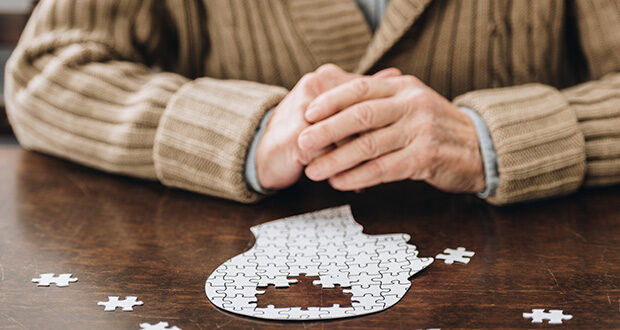People living with dementia are more likely to self-harm within the first six to 12 months after being diagnosed with the disease, according to recent hospital data, prompting calls for more prevention support.
UNSW researchers looked at NSW hospital data for over 180,000 people admitted to hospitals between 2001 and 2015.
They identified that 154,811 people admitted to public hospitals had been diagnosed with dementia and 28,972 were admitted for self-harm injuries.
Out of the people recorded with dementia, 692 were readmitted to hospital for self-harm.
Study co-uthor and psychologist Professor Simone Reppermund said the figures suggest health services should look at dementia diagnoses with “urgency.”
“We would like to see people who are initially diagnosed to get the support very early on to prevent self-harm and suicide later on,” Professor Reppermund said.
“Even without dementia, men 85 and over are in the age group with the highest age-specific suicide rates, so it’s doubly important we offer extra care for people diagnosed with dementia.”
Researchers found that people with dementia who self-harmed were often in the earlier stage of their dementia diagnosis.
Study lead author Dr Adrian Walker said that the grief and anxiety which can come with a dementia diagnosis can contribute to a higher likelihood of self-harming behaviour.
“Self-harm indicates substantial mental health distress, so it would be good to know how mental health services respond to self-harm in people living with dementia,” Dr Walker said.
A 2018 RACJP study found factors that contributed to self-harm in older patients included physical and mental illness, psychological issues, and feelings of hopelessness.
In the study, questionnaires were sent to GPs who had patients that were 80 years or over that had reportedly self-harmed.
According to their research, self-harm and suicide in older individuals were “closely related” and depression, pain and social isolation were the most common risk factors.
A submission to the aged care royal commission by Dementia Australia also identified that Australia's care staff required more training in understanding the complexities of a dementia diagnosis.
The UNSW research team said they planned to extend their findings by “drilling deeper” into the connection between dementia and self-harm.
“Whether self-harm might lead to dementia, or dementia might lead to self-harm, is still an open question," Dr Walker said.
"Indeed, it could be both, and it could also be neither – there could be something else going on.
"But what is clear in the numbers is that the two are linked.”
If you would like to discuss anything raised in this article you can contact the National Dementia Helpline for confidential discussion and support at 1800 100 500.
Do you have an idea for a story?Email [email protected]
 Aged Care Insite Australia's number one aged care news source
Aged Care Insite Australia's number one aged care news source

